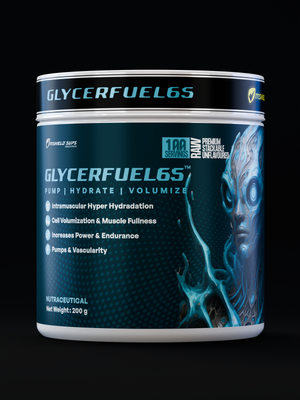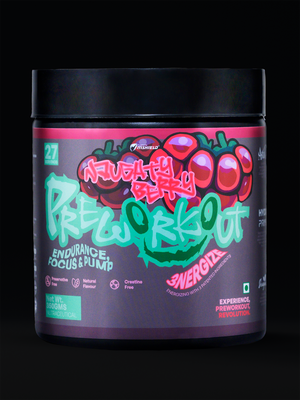In our quest for healthier lifestyles, many of us turn to artificial sweeteners as a seemingly guilt-free alternative to sugar. These sugar substitutes offer a sweet taste without the calories, making them an appealing choice for those watching their weight or managing conditions like diabetes. Let's unravel the mysteries surrounding artificial sweeteners and separate fact from fiction.
What are Artificial Sweeteners? Artificial sweeteners are sugar substitutes used to enhance the sweetness of foods and beverages without the added calories. These sugar alternatives are often much sweeter than sugar itself, allowing for the use of smaller quantities to achieve the desired sweetness.
Examples of Artificial Sweeteners:
- Sucralose: Known by the brand name Splenda, commonly used in baking and cooking.
- Acesulfame: Commonly known as Acesulfame K, is a calorie-free artificial sweetener used to enhance the sweetness of foods and beverages without adding significant calories.
Benefits of Artificial Sweeteners:
- Calorie Control: Ideal for those looking to manage their weight or reduce caloric intake.
- Blood Sugar Management: Suitable for individuals with diabetes, as they don't significantly impact blood sugar levels.
- Oral Health: Unlike sugar, artificial sweeteners don't contribute to tooth decay.
Side Effects: While artificial sweeteners are generally considered safe, some individuals may experience mild side effects such as headaches or gastrointestinal discomfort. Moderation is key, and it's advisable to consult with a healthcare professional if you have concerns.

Recommended Doses and Myths: The FDA has established acceptable daily intake levels for each artificial sweetener, ensuring their safety when consumed within these limits. Contrary to some myths, there is no credible evidence linking artificial sweeteners to cancer or other serious health issues when consumed within recommended amounts.
Daily Dose of Artificial Sweeteners: The ADI for artificial sweeteners is typically expressed in milligrams per kilogram of body weight. Here are the ADIs for two commonly used artificial sweeteners:
- Sucralose:
- ADI: The acceptable daily intake for sucralose is set at 5 milligrams per kilogram of body weight.
- Acesulfame Potassium:
- ADI: The acceptable daily intake for acesulfame potassium is set at 15 milligrams per kilogram of body weight.
Who Should Consider Artificial Sweeteners?
- Diabetics: As a sugar substitute that doesn't impact blood sugar levels significantly.
- Individuals Watching Their Weight: For those aiming to reduce calorie intake while maintaining a sweet taste.
- People with Oral Health Concerns: As an alternative to sugar in promoting dental health.
In conclusion, artificial sweeteners can be valuable tools for those seeking to reduce sugar intake, manage weight, or control blood sugar levels. However, like any food additive, moderation is crucial. Always consult with a healthcare professional to determine the best approach for your individual health needs.





0 comments